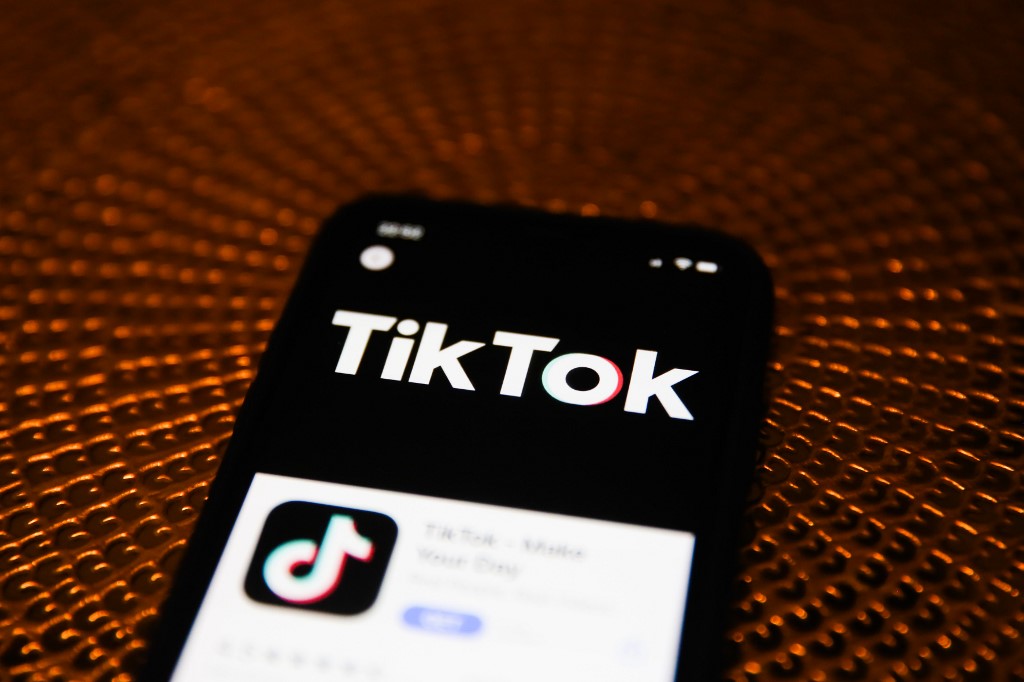China ‘must’ reform futures markets for global influence
Under Beijing’s “rejuvenation” strategy for its capital markets, the futures markets have been ordered to deepen reforms.
In a declaration by the Communist Party Central Committee and the State Council, the markets must update pricing, the circulation and allocation of resources – such as commodities and capital – and use its own unique methods to issue a “Chinese Voice” and produce “Chinese influence”.
History shows that making good use of the futures market is very important for avoiding national economic risks, industrial risks, and corporate risks, the party comment said.
China’s futures markets opened in the early 1990s. Since then:
- Shanghai Futures Exchange has become the world’s largest ferrous metal futures market and the second-largest non-ferrous metal futures market;
- Shanghai operates the world’s third-largest crude oil futures market;
- Dalian Commodity Exchange is the largest agricultural product futures market;
- Zhengzhou Commodity Exchange dominates global cotton and cotton yarn futures.
Stocks up and ‘rising’
The Shanghai Composite Index rose 0.12% and the Shenzhen Component Index climbed 0.4%. More than 2,700 stocks in the two markets rose, and combined turnover exceeded one trillion yuan. Aviation, medical care, shipping and other sectors led the gains. Sectors such as transportation were among the top decliners.
Hongmeng, UAV, National Defense and Military Industry led the rise in so-called concept stocks, while pork, seed industry and liquor shares declined.
Among the climbers, Goodway, Azure Lithium Core and China Pet shares advanced more than 5%. The biggest fallers were Shangfeng Cement, Shengbang and ST Ronghua, which were among tickers that fell more than 5%.
Galaxy Securities suggested that the A-share market is still volatile and rising.
China warns 33 apps
The official website of the National Cyberspace Administration of China issued a notice on 33 apps that it said illegally collect and use personal information.
The notified apps have been taken to task over input methods, map navigation, and instant messaging.
Sogou, Xunfei, and QQ are all on the list. The apps’ operators must fix the faults within 10 days or be permanently taken down.
























